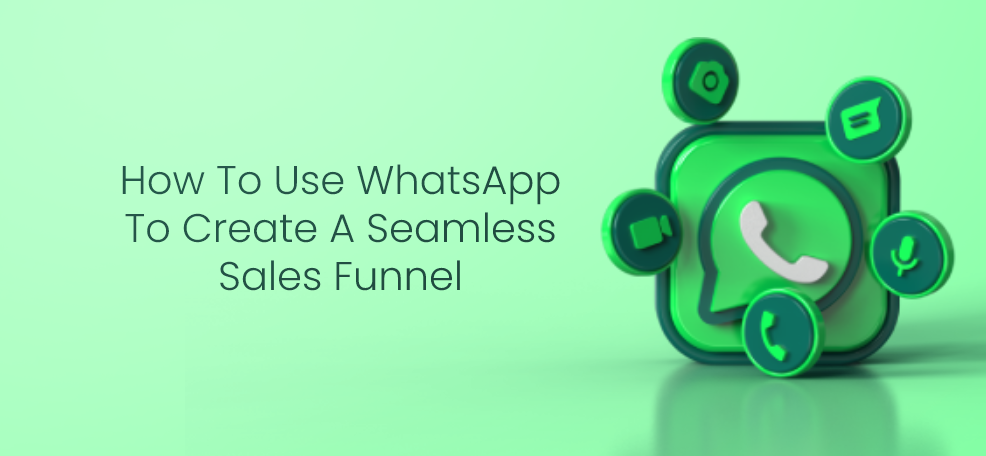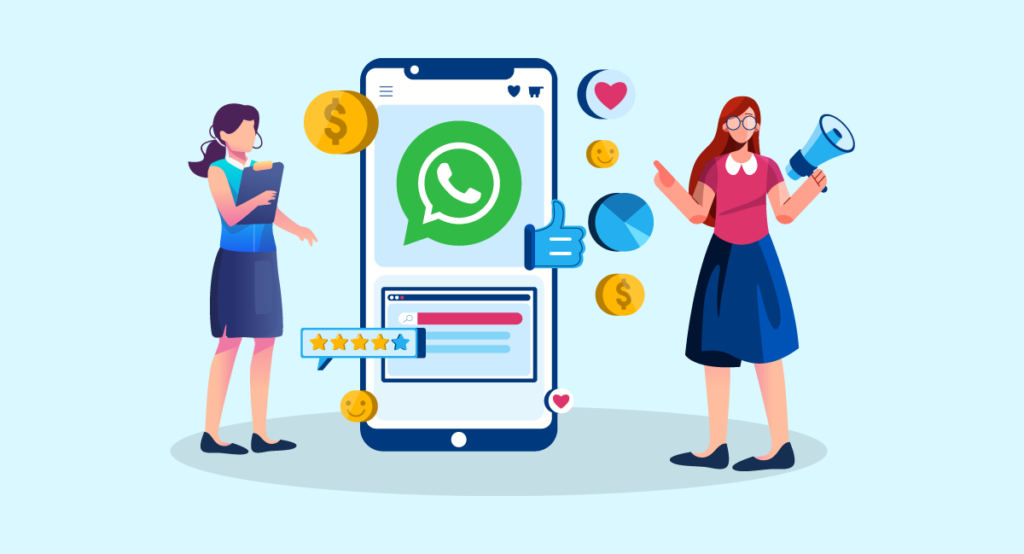Navigating GDPR Compliance in WhatsApp Marketing: A Comprehensive Guide
If you’re a business leveraging WhatsApp as part of your digital marketing arsenal, it’s crucial to understand the role of the General Data Protection Regulation (GDPR) in your strategy. The GDPR, implemented by the European Union in 2018, has stringent guidelines for user data protection, requiring companies to respect and protect personal data. Here’s what you need to know about GDPR compliance when using WhatsApp for marketing.
Understanding GDPR
Before delving into WhatsApp, let’s break down the basics of GDPR. The regulation is designed to strengthen the protection of personal data in light of rapid technological developments. It applies to all EU citizens and any organization that processes their data, regardless of the location of the company. GDPR places great emphasis on consent, transparency, data security, and accountability.
WhatsApp and GDPR
WhatsApp, as a communication tool, handles large amounts of personal data. Therefore, businesses using WhatsApp for marketing must ensure they are GDPR compliant. There are two major factors to consider: user consent and data security.
1. User Consent
Under GDPR, businesses need explicit consent from users to process their data. This consent must be freely given, specific, informed, and unambiguous. So, if you plan to use WhatsApp to send marketing messages, you must first obtain clear consent from the users. This could be via a tick box (that isn’t pre-ticked) on your website or a clear agreement when they sign up for your service.
2. Data Security
Data security is another key aspect of GDPR. Businesses are required to protect the personal data they process from breaches. When using WhatsApp Business, you should ensure that any data you share over the platform is secure. WhatsApp already provides end-to-end encryption, which is a boon, but you should also implement additional security measures. For example, avoid storing sensitive customer information in chat logs and ensure your devices are secure.
Conclusion
The combination of GDPR and WhatsApp marketing can be a powerful one when handled correctly. Being transparent about how you handle personal data, obtaining user consent, and ensuring data security aren’t just legal necessities – they also build trust with your customers. Remember, GDPR compliance is not a one-time process but an ongoing commitment to safeguarding your customer’s data.
Stay tuned for more insights on leveraging WhatsApp for your business in a safe, effective, and GDPR-compliant manner.


